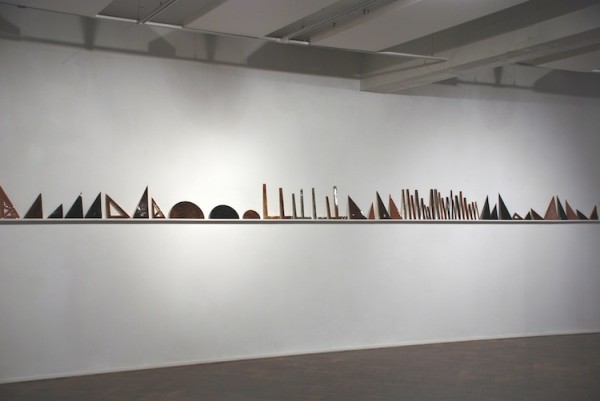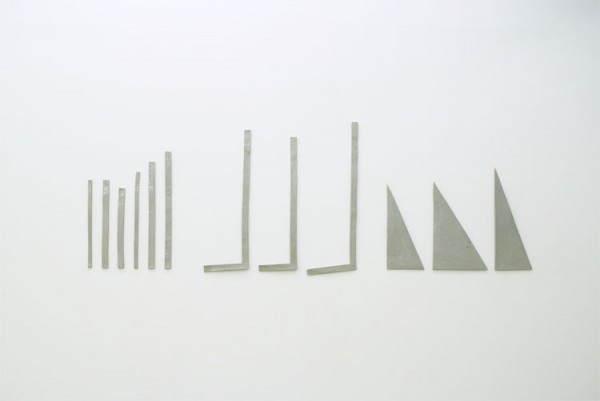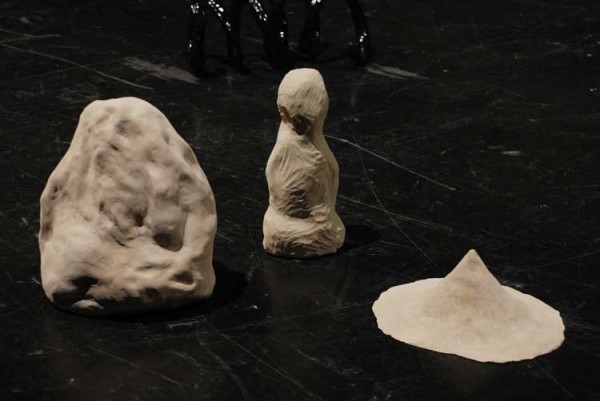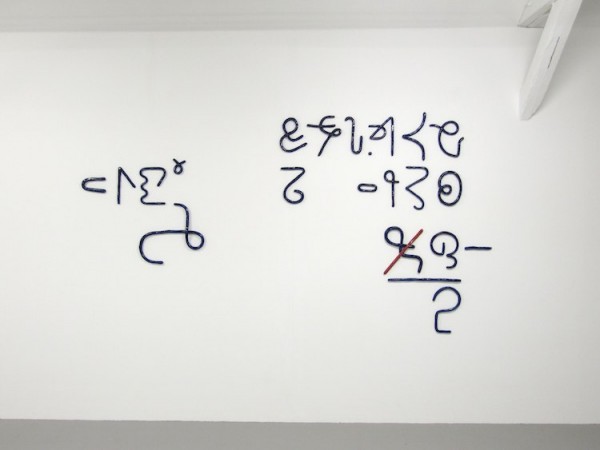Bevis Martin and Charlie Youle
Tuesday, 30 October 2012
Bevis Martin and Charlie Youle
Work from their oeuvre.
“Over the past four years or so we have developed a collaborative practice in the conception and realisation of our work that we find liberating and interesting. It is an expression of our common interest in ambiguities in the idea of authorship and expression – having both worked with found objects and images that allow a degree of distance or role playing in the making of the work we naturally came to a point where it made sense to treat our ideas as possibilities to be shared or swapped. In making our respective work we found that we were posing ourselves a similar set of questions – can one express something by adopting second-hand means, how do images ‘make sense’, does one make things for someone else, what are the rules and does one follow rules in breaking them? Increasingly we are focusing on a certain stupidity in the nature of our relation to images and objects. We want to work on finding ways to disturb the comfortable ‘transmitted idea – object/image – recieved idea’ formula, to play with the way that an image can stand in for an idea. This has led us to look at museum displays and other pedagogic compositions as well as shop windows and adverts that seem to offer a model of transparent direct communication – the image or object as an ambiguous remainder in a process of communication. We are trying to enhance the inadequacy that we see in all efforts to communicate, in order to make the encounter with the work more disturbing. We are also interested in the range of possibilites in the making of something; the idea of ‘style’ and the relationship with materials. Embracing the badly made, the overworked stating the obvious, slightly incorrectly, through inadequate means in order to communicate abstract and difficult concepts – conjuring up the sublime using modelling clay and pasta. We follow an instinct to make the work when it makes us laugh, not because we want to make work that is simply funny or ironic, but because our we treat our laughter as a clue that something is disturbing.” – Martin and Youle



